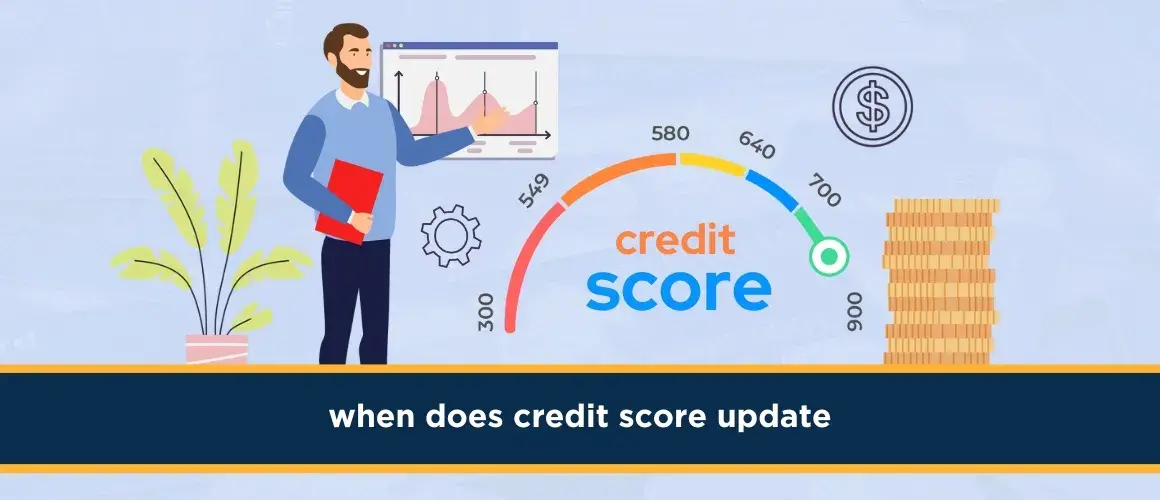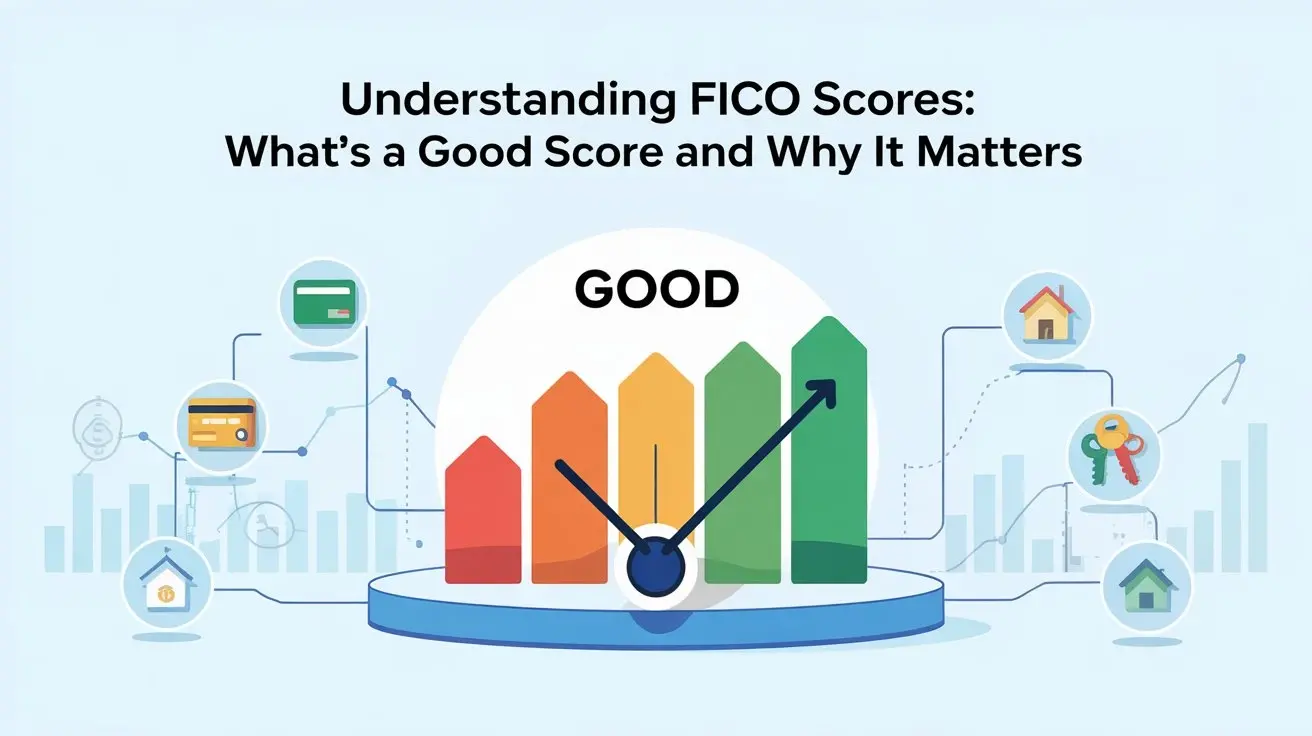When Does Your Credit Score Update: A Comprehensive Guide

Your credit score reflects your creditworthiness numerically. Financial organizations, creditors, and lenders evaluate your risk of loan application. Knowing when your credit score changes will help you to make sure it fairly shows your financial activity. Let's investigate this subject thoroughly.
When Does Your Credit Score Update?
Anyone who wants to keep or raise their creditworthiness has to understand the timeliness of credit score updates. Here's what you should know:
Monthly Updates
Generally speaking, credit bureaus change your credit score once a month. Usually occurring on or close to the same date every month, this update is your "statement closure date." Your credit score is computed using the information your creditors provide to the credit bureaus—including balances and payment history.
Factors Affecting Update Timing
Many elements can affect the precise moment when your credit score changes. These cover your creditors' data-sent frequency to credit agencies, their reporting methods, and bureaus' processing times. Not all creditors report to all three main credit agencies (Equifax, Experian, and TransUnion), hence your scores will vary among these bureaus.
Real-Time Updates
Although monthly updates are standard, some creditors send credit bureaus real-time updates. Making large payments—such as credit card debt pay-off or new credit acquisition—may cause this as well. Updates sent in real-time can immediately affect your credit score.
Importance of Monitoring
Monitoring your credit is vital given the fluctuations in credit score updates. Check your credit report—available for free once a year from every one of the major credit agencies through AnnualCreditReport.com. Many credit card firms and financial applications also provide free credit score tracking features.
FAQs
How Can I Check My Credit Score?
You can check your credit score through various online services, and credit monitoring apps, or by requesting a free annual credit report from each of the major credit bureaus.
Does Checking My Credit Affect My Score?
No, checking your credit (a soft inquiry) does not impact your credit score. It's considered a responsible financial practice.
Can I Request an Early Credit Score Update?
Credit bureaus typically update your score on a fixed schedule. You cannot request an early update, but you can take action to improve your creditworthiness, which will be reflected in your next scheduled update.
How Long Does It Take for Changes to Affect My Credit Score?
The time it takes for changes to impact your credit score can vary. Some changes, like paying off a credit card, can show results in a month or less, while others may take several months to reflect fully.
Can Late Payments Be Removed from My Credit Report?
In some cases, you may be able to negotiate with your creditors to have late payments removed. Alternatively, negative information typically remains on your credit report for seven years.
How Can I Improve My Credit Score?
To improve your credit score, focus on paying bills on time, reducing credit card balances, and avoiding new debt. It's also helpful to maintain a diverse mix of credit types.
Conclusion
One very effective financial tool that can greatly affect your life is your credit score. Knowing when your credit score changes and the elements influencing it will help you to make wise financial decisions. Maintaining a good credit score depends mostly on consistent monitoring and sensible financial behavior.
All things considered, careful credit management, knowledge, and application of the ideas in this book will help you negotiate the convoluted world of credit ratings. Although credit scores are important, keep in mind they represent only one component of your whole financial picture.
About ready to improve your credit score? For tailored advice, contact our specialists now at (888) 804-0104!
Related Stories
Recent Posts
Understanding Your Finances: The Power of a Debt-to-Income Ratio Calculator
How to Repair a Low Credit Score: A Comprehensive Guide
Understanding FICO Scores: What’s a Good Score and Why It Matters
How to Prequalify for a Home Loan: A Step-by-Step Guide
Understanding Your Credit Score: A Comprehensive Guide to Credit Score Viewers



